Premium Only Content
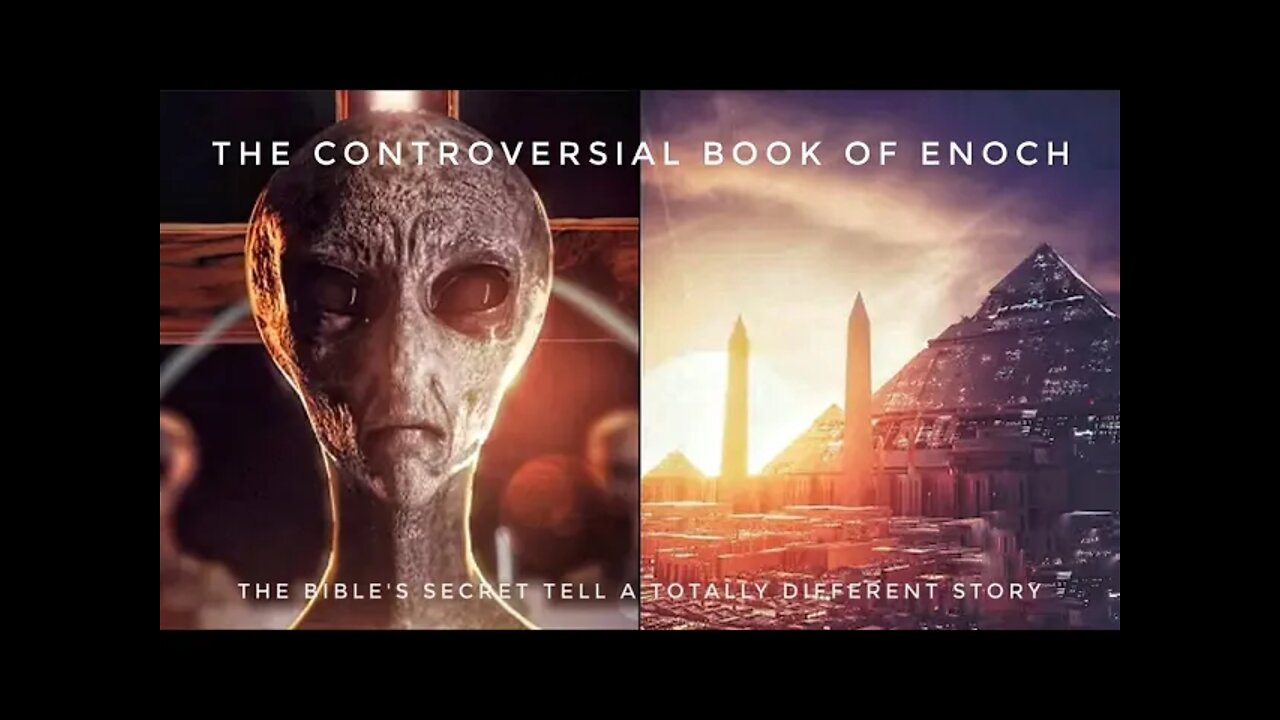
The Untold human history | Why was the Book of ENOCH Removed from the bible
The Book of Enoch was considered as scripture in the Epistle of Barnabas (4:3) and by many of the early Church Fathers, such as Athenagoras, Clement of Alexandria, Irenaeus and Tertullian, who wrote c. 200 that the Book of Enoch had been rejected by the Jews because it contained prophecies pertaining to Christ.
The Book of Enoch መጽሐፈ ሄኖክ, maṣḥafa hēnok) is an ancient Hebrew apocalyptic religious text, ascribed by tradition to Enoch, the great-grandfather of Noah.
Enoch contains unique material on the origins of demons and Nephilim, why some angels fell from heaven, an explanation of why the Genesis flood was morally necessary, and prophetic exposition of the thousand-year reign of the Messiah.
The older sections (mainly in the Book of the Watchers) of the text are estimated to date from about 300–200 BC, and the latest part (Book of Parables) probably to 100 BC.
Various Aramaic fragments found in the Dead Sea Scrolls, as well as Koine Greek and Latin fragments, are proof that the Book of Enoch was known by Jews and early Near Eastern Christians. This book was also quoted by some 1st and 2nd century authors as in the Testaments of the Twelve Patriarchs. Authors of the New Testament were also familiar with some content of the story.
A short section of 1 Enoch (1:9) is cited in the New Testament Epistle of Jude, Jude 1:14–15, and is attributed there to "Enoch the Seventh from Adam" (1 Enoch 60:8), although this section of 1 Enoch is a midrash on Deuteronomy 33:2. Several copies of the earlier sections of 1 Enoch were preserved among the Dead Sea Scrolls.
It is not part of the biblical canon used by Jews, apart from Beta Israel (Ethiopian Jews). While the Ethiopian Orthodox Tewahedo Church and Eritrean Orthodox Tewahedo Church consider the Book of Enoch as canonical, other Christian groups regard it as non-canonical or non-inspired, but may accept it as having some historical or theological interest.
It is today wholly extant only in the Ethiopian Ge'ez language, with earlier Aramaic fragments from the Dead Sea Scrolls and a few Greek and Latin fragments. For this and other reasons, the traditional Ethiopian belief is that the original language of the work was Ge'ez, whereas modern scholars argue that it was first written in either Aramaic or Hebrew, the languages first used for Jewish texts; Ephraim Isaac suggests that the Book of Enoch, like the Book of Daniel, was composed partially in Aramaic and partially in Hebrew. No Hebrew version is known to have survived. The book itself asserts that its author was Enoch, before the biblical flood.
The most complete Book of Enoch comes from Ethiopic manuscripts, maṣḥafa hēnok (መጽሐፈ ሄኖክ), written in Ge'ez, which were brought to Europe by James Bruce in the late 18th century and were translated into English in the 19th century.
-
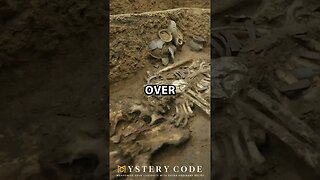 0:52
0:52
MindSet Code Ph
2 years ago $0.08 earnedThe ancient mysteries, Hidden Cave Under the Mountain
729 -
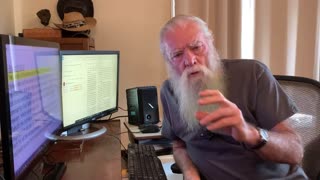 19:24
19:24
The Door
3 years ago $0.07 earnedWas the Book of Enoch removed from the Bible?
4261 -
 4:20
4:20
Newsy
3 years agoMarriage, Throughout Human History
9175 -
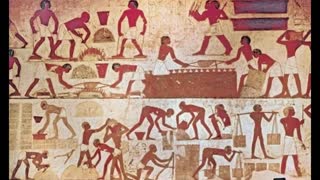 52:59
52:59
TheKingReturns2030
3 years ago $0.02 earnedWHY THEY REMOVED THE BOOK OF ENOCH
236 -
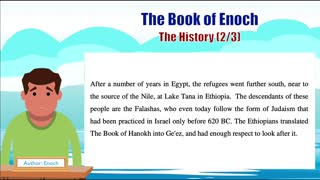 4:09
4:09
LTM project (Wait'n EBS Nesara Gesara QFS GCR Gold Silver 1776 True Republic Redpill)
3 years agoThe History of the Book of Enoch (2/3)
365 -
 2:09:28
2:09:28
Melonie Mac
14 hours agoGo Boom Live Ep 39!
71K11 -
 1:04:36
1:04:36
Man in America
16 hours ago🚨 BREAKING: Dr. Robert Young JAILED! Medical Tyrants Will Do ANYTHING to Silence Truth
63.7K48 -
 3:01:44
3:01:44
I_Came_With_Fire_Podcast
14 hours agoPanama CANAL BlackROCKED | Left of PODCASTING | Ukraine AID GONE
46.9K8 -
 45:56
45:56
Glenn Greenwald
13 hours agoLee Fang Reacts to Trump's Speech to Congress; Will DOGE Tackle Military Waste? | SYSTEM UPDATE #418
129K96 -
 43:23
43:23
Donald Trump Jr.
13 hours agoNo Clap: Dems are a Disgrace but My Father is Bringing Back Common Sense | Triggered Ep.222
164K141